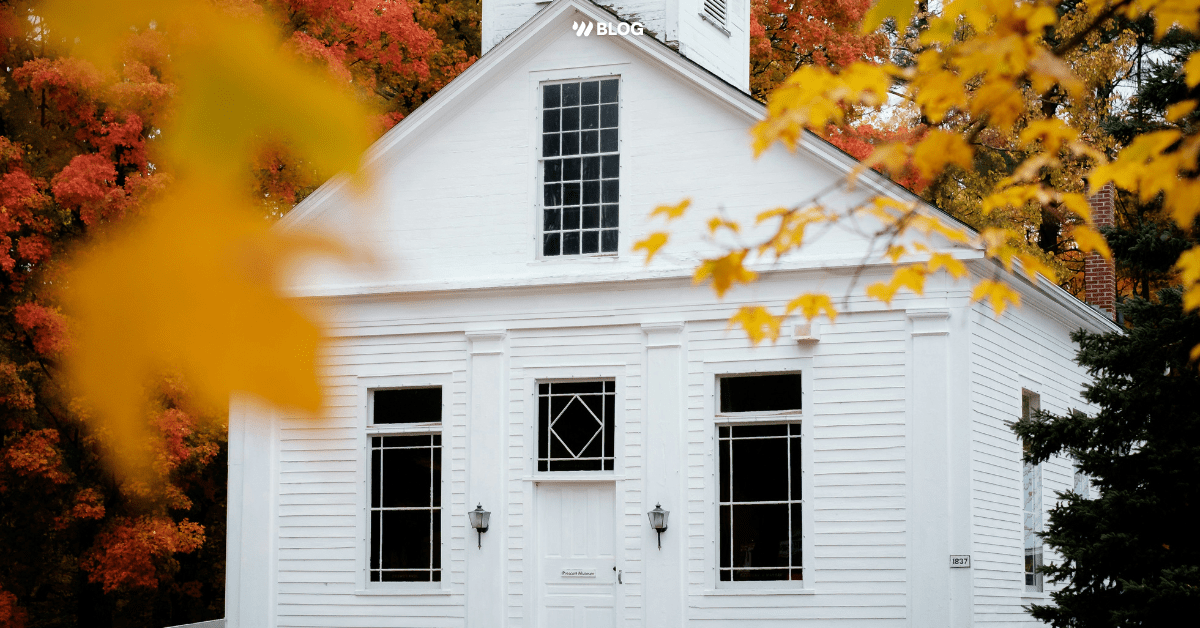The call to full-time ministry often begins as a conviction that we cannot shake.
It’s an odd thing, often described as a “knowing” that can’t quite be articulated, merely discerned. For many people who are now in full-time ministry there was, at some point early on in their journey, an encounter with God that they long for others to have. We’ve come to know the God of the universe who brooded over the chaos and brought forth life, who’s reached down into our chaos and poured out grace.
But at some point most of us will wrestle with whether we’re still called, whether it’s still worth it, or why we’re in this business at all.
This doesn’t necessarily mean we’ve fallen into sin or have done something tragically wrong. There is no way to work in ministry for more than a few years without having to fight against burnout, boredom, and busyness, which are among the most common obstacles to “doing ministry” well.
The question becomes how do we not lose our awe and wonder of God in the pursuit of facilitating services where others might be encountered by Him?
This is a complicated question because though each of us, and our pastors, would certainly say that their sole purpose is to bring people together to worship God. It’s also our job to ensure that these services go well. They need to sound, look, and feel a particular way. And this isn’t altogether a bad thing!
Standards were instituted by God himself for worship in the Tabernacle from the very beginning.
But oftentimes, somewhere along the line we get lost, unable to see the forest for the trees, wondering, “Where is God in all of this?” Once again back to our question: how do we as worship leaders and pastors stay in a posture of wonder while facilitating services of worship unto God?
1) Change it Up
One problem with being a “professional” is that the rhythms we develop can eventually become ruts. These rhythms are meant to serve us, ensuring that we get the work done with enough time for our volunteers to prepare as well. But a few times throughout the year it’s helpful to deliberately break the rhythm for the sake of being awake to what we’re doing in a new way.
One of my favorite seasons to change things up in is Advent.
Advent is the first season within the Christian year. In our congregation it’s a time where there is freedom, even expectation, to do things differently. It’s a season marked by waiting and crying out for Jesus to come, so it’s not unusual to begin one of the services completely in the dark. Another week we may strip the band down to 4 people and do an acoustic set. We sing songs that we don’t sing at other points throughout the year. None of these are “major” changes, but they’re different enough to disrupt my personal habits in a way that opens my eyes and ears to God again in a fresh way.
Another way to change it up is to worship in other environments.
Is there a city-wide worship gathering you could attend?
Can you lead a prayer set in your church building at noon on Wednesday?
On your next vacation can you attend a church that worships differently from yours?
About four years ago we were on vacation to see my wife’s family and we attended the Anglican church where her brother was the youth minister. The liturgy was quite different from what we were used to, but I left that service marked by the beauty and mystery of God.
Habits and rhythms are good if they’re serving us well. But be aware that they can also lull us to sleep.
If you sense that happening make a subtle change and ask that God meet you in it. He will.
Search for Songs that Speak to You
This is very practical, but has been essential for me. Our job, broadly speaking, is to select and lead songs that we discern are good for our congregations. I’m bored with most songs (at least musically!) by the time we’ve done them twice on a Sunday morning. Remember, you’re typically on the front end of finding new music and by the time a song is fully ready for your team you’ve heard it 25-50 times already… not counting rehearsals, sound checks, and performances. Sunday morning performances should not be primarily about us being musically or artistically fulfilled. But most of us are artistic and find joy in the beauty of music as a way of connecting with God.
Find songs you enjoy listening to that you’ll never do on Sunday morning.
Find a few artists who write songs that speak to you, that awaken wonder in your soul. They don’t even need to be explicitly Christian. If you can’t find any, write some.
Practice Silence & Solitude
This may seem out of left field, but the more you read about church history and spiritual formation you’ll realize this was a widespread practice for believers until fairly recently. At first you might try and find yourself restless, sensing absolutely nothing. I’ve been there. You might even find that sitting still makes you more unsettled and angry because you don’t feel anything. I’ve been there, too. Keep at it.
For musicians and worship leaders this is key because we need ways of connecting with God (and ourselves) that are not directly associated with our job.
Silence and solitude isn’t connected with our production and our usefulness in the Kingdom. Learning to sit still and listen for God resists the subtle deep-seated beliefs that many of us have that we’re only desired by God when we’re being useful to him. In silence and solitude I’ve been reminded time and again that God delights in me not just what I produce.
Take the Pressure Off
About five years ago a pastor friend of mine called me to share an epiphany he had one Sunday driving home from church. He was internally processing and evaluating the service, as usual, and felt the Lord speak to him saying, “Not every Sunday needs to be a home run.” We might not articulate a “home run” as being a goal of our services, but often we internally gauge them as if it were. We treat every service – and each moment within every service – as if it needs to be unique, one-upping the previous week (hopefully blowing it out of the water!).
What if we’ve got that wrong?
What if God doesn’t have any desire for our production to move steadily up and to the right? What if we realize that it’s not even possible? Our brothers and sisters from the higher church traditions tend to prioritize the faithfulness of worship over the uniqueness of worship, which enlarges our perspective and depressurizes our role in leading the congregation.
Taking this posture can teach us to trust that God is present even when we don’t feel him, and certainly not because of our outstanding performance.
God is present because he has promised to be present. Selah. Take the pressure off and enjoy the journey. It may sound counter-intuitive, but I promise that striving for home-run services week in and week out will lead you burnout far quicker than it will lead into awe and wonder.
None of these is a silver bullet. There is no silver bullet.
The fact is, you will have to fight for a tender heart and an open mind to God. But if you’re intentional to be postured in a way that is open to God he will find you. And when he does you’ll be reminded that his goodness is exceedingly and abundantly more than we could ever ask or imagine.
You may also be interested in these related posts!
- Should We Sing Songs that We Know aren’t *Technically* True?
- The Secret to Using Tracks in Spontaneous Worship with Matt from Loop Community
- The 4 Do’s and Don’ts of Spontaneous Worship
- 5 Things Volunteers Do that Annoy their Worship Pastors More than Anything


![The Top 20 Fast Worship Songs of 2024 [with Tutorials]](https://worshiponline.com/wp-content/uploads/2024/01/Post-Graphic-no-title-only-watermark.png)



![The Top 20 Fast Worship Songs of 2024 [with Tutorials]](https://worshiponline.com/wp-content/uploads/2024/01/Post-Graphic-no-title-only-watermark-1024x536.png)